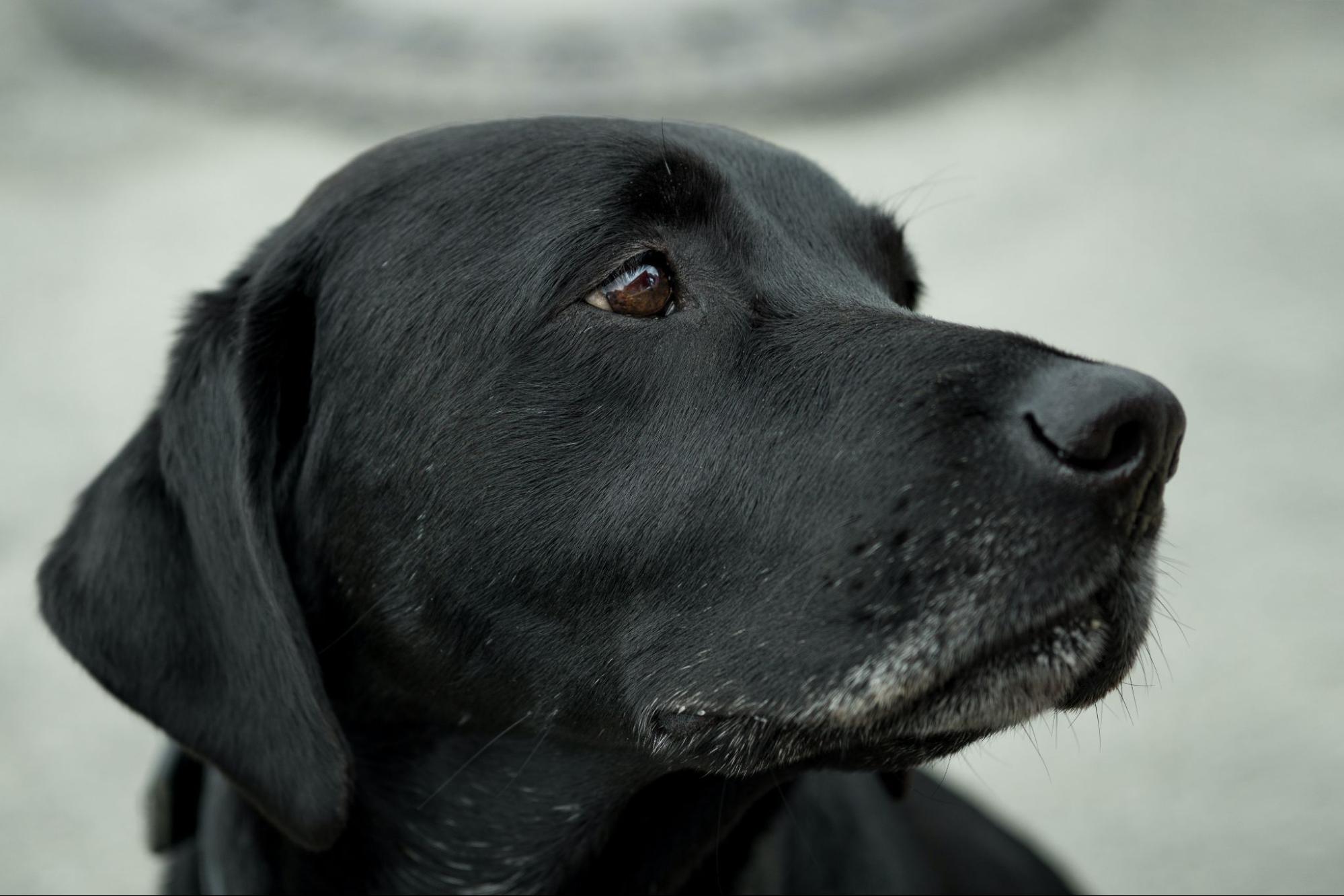How to Stop Puppy from Biting Older Dog
Are you struggling to stop your Labrador puppy from biting your older dog? It’s a common issue that many pet owners face. In this article, I’ll provide you with some effective strategies to help curb this behavior and promote a harmonious relationship between your furry companions.
Firstly, it’s important to understand that puppies explore the world through their mouths, and biting is a natural part of their development. However, when it comes to interactions with an older dog, it’s crucial to establish boundaries. Start by providing plenty of appropriate chew toys for your puppy to redirect their biting instincts towards.
Additionally, closely supervise their interactions and intervene whenever necessary. If you notice your puppy starting to bite or play too rough with the older dog, calmly separate them and redirect their attention elsewhere. Consistency is key in teaching proper behavior.
Another helpful technique is to reinforce positive behaviors through rewards and praise. Whenever your Labrador puppy shows gentle play or refrains from biting the older dog, shower them with treats or verbal affirmations. This positive reinforcement will encourage them to continue exhibiting good behavior.
By implementing these strategies consistently and patiently, you can gradually teach your Labrador puppy how to interact respectfully with the older dog without resorting to biting. Remember, training takes time and effort but ultimately leads to a happy coexistence between your furry friends.

Understanding the Reasons Behind Puppy Biting
When it comes to dealing with a puppy who is biting an older dog, it’s essential to understand the reasons behind this behavior. By gaining insight into why puppies exhibit this behavior, we can take appropriate steps to address and prevent it.
- Teething: Puppies, just like human babies, go through a teething phase where their new teeth are emerging. This discomfort can lead them to chew on anything they can find, including an older dog’s body parts. Providing appropriate chew toys and redirecting their attention can help alleviate this issue.
- Exploration and Play: Puppies use their mouths to explore the world around them and engage in playful interactions. Sometimes, they may bite other dogs during playtime as part of their natural instinct. It’s important to establish boundaries and teach them proper socialisation skills so that they learn how to play gently without causing harm.
- Attention-seeking: Puppies crave attention from their owners and may resort to nipping or biting behaviors as a way of getting noticed. Reinforcing positive behaviors through training techniques such as reward-based methods can redirect their focus onto more desirable actions.
- Lack of Socialisation: Insufficient exposure to other dogs during the critical socialisation period may result in inappropriate biting behaviors later on. Introducing your Labrador puppy to well-behaved adult dogs in controlled settings can help them develop proper canine communication skills.
- Fear or Anxiety: In some cases, puppies may resort to biting when feeling scared or anxious in certain situations or environments. Identifying triggers that cause fear or anxiety for your pup and gradually desensitising them through positive reinforcement training can be effective in reducing these unwanted behaviors.
Remember, addressing puppy biting requires patience, consistency, and positive reinforcement techniques rather than punishment or harsh physical corrections which could exacerbate the problem.
By understanding why puppies bite older dogs in the first place, we can take proactive steps to prevent and manage this behavior. Through proper training, socialisation, and providing appropriate outlets for their chewing needs, we can help our puppies become well-behaved companions.